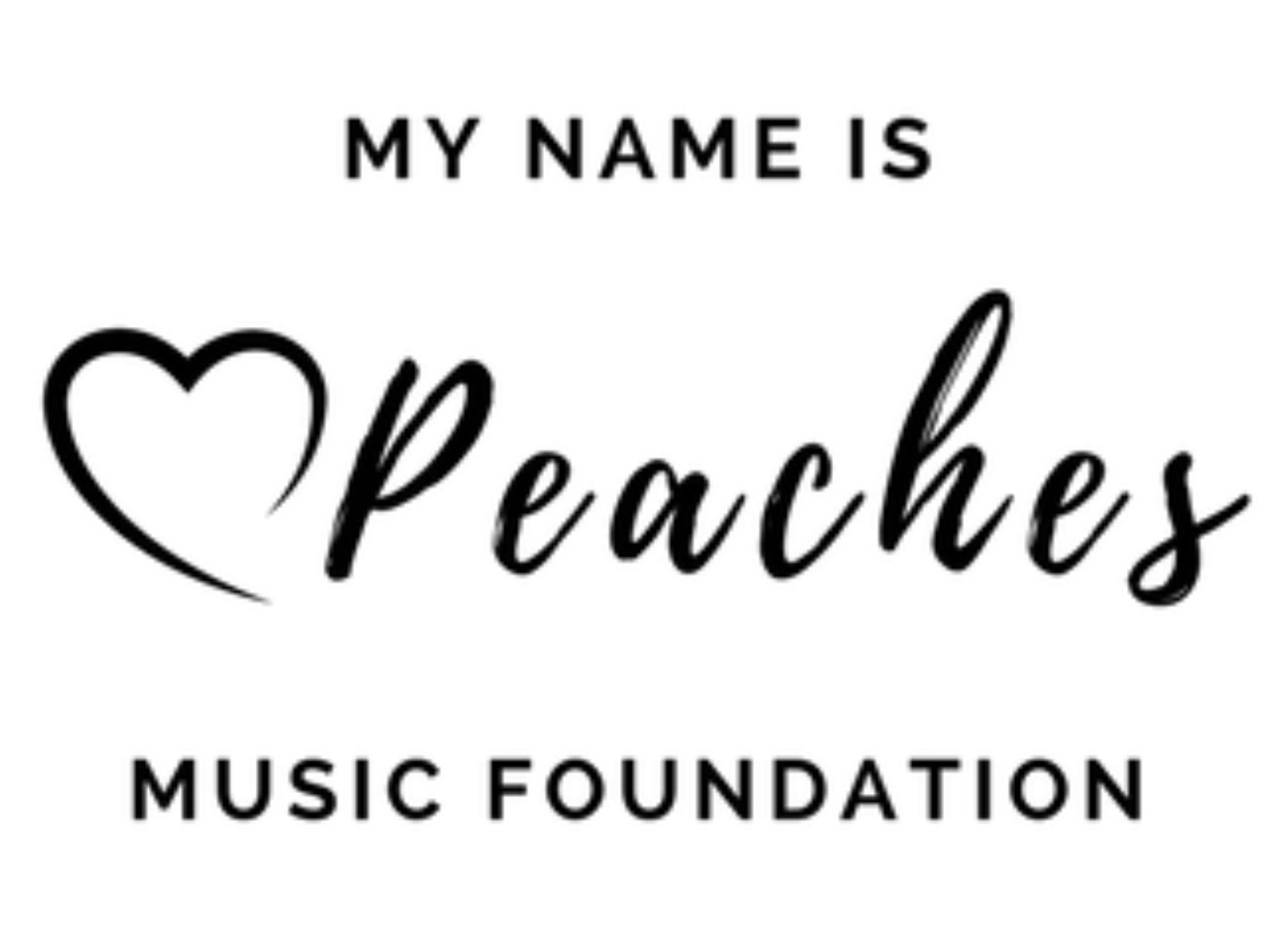From the lullabies that soothe them to sleep, to the playful nursery rhymes that teach them words, music is an integral part of a child’s journey. But beyond listening, the importance of actively engaging kids in musical expression can be transformative, impacting their development in profound and lasting ways.
Harmonizing Development
Musical expression is a universal language that transcends words, allowing children to communicate and understand the world before they can even speak. When kids engage in musical activities, they’re not just having fun; they’re also honing their language skills. The rhythms and patterns of music mirror those of speech, laying a foundation for linguistic abilities that will serve them throughout life.
Emotional Color Palette
Just as they learn to identify colors and shapes, children can learn to understand and express their emotions through music. Composing a song or engaging in musical play helps them process feelings, from the blue hues of sadness to the bright yellows of joy. This emotional vocabulary is critical for social-emotional development, fostering empathy and helping children to articulate their own emotions more clearly.
Cognitive Crescendos
Music is a multi-sensory experience that stimulates the brain in unique ways. For children, this stimulation can lead to improved memory, attention, and even spatial-temporal skills—which are crucial for subjects like mathematics. Learning an instrument, or engaging in musical composition, can be a workout for the brain, leading to cognitive benefits that echo far beyond the notes of their latest song.
Confidence in Composition
The act of creating music can be a significant confidence booster. Children who engage in musical expression often show increased self-esteem. There’s a sense of pride that comes with mastering a new song or performing for others that tells a child, “You did it!” This confidence can spread to other areas of their lives, encouraging them to take healthy risks and face challenges with a can-do attitude.
Social Symphony
Musical expression often involves collaboration, whether it’s a choir, a band, or a classroom activity. Through these experiences, children learn the art of teamwork. They understand the importance of listening, not just to music but to each other. This can enhance their ability to cooperate and work with others, harmonizing their social skills.
Cultural Chords
Music is a cultural cornerstone in societies around the world. When children explore music, they connect with different cultures and histories, gaining a richer understanding of the world. This not only broadens their horizons but promotes inclusivity and respect for diversity.
A Lifelong Melody
Perhaps most importantly, music can be a source of joy and comfort throughout a person’s life. By encouraging musical expression in kids, we give them a gift that keeps on giving—a way to find happiness, to relax, and to express themselves, no matter what life may play.
In a world that can sometimes be a cacophony of stress and expectations, music lets children compose their own narratives. The importance of fostering musical expression is clear: it nurtures the mind, heals the heart, and gives flight to the imagination. Let’s give our kids the instruments they need to orchestrate their own symphonies of growth.
